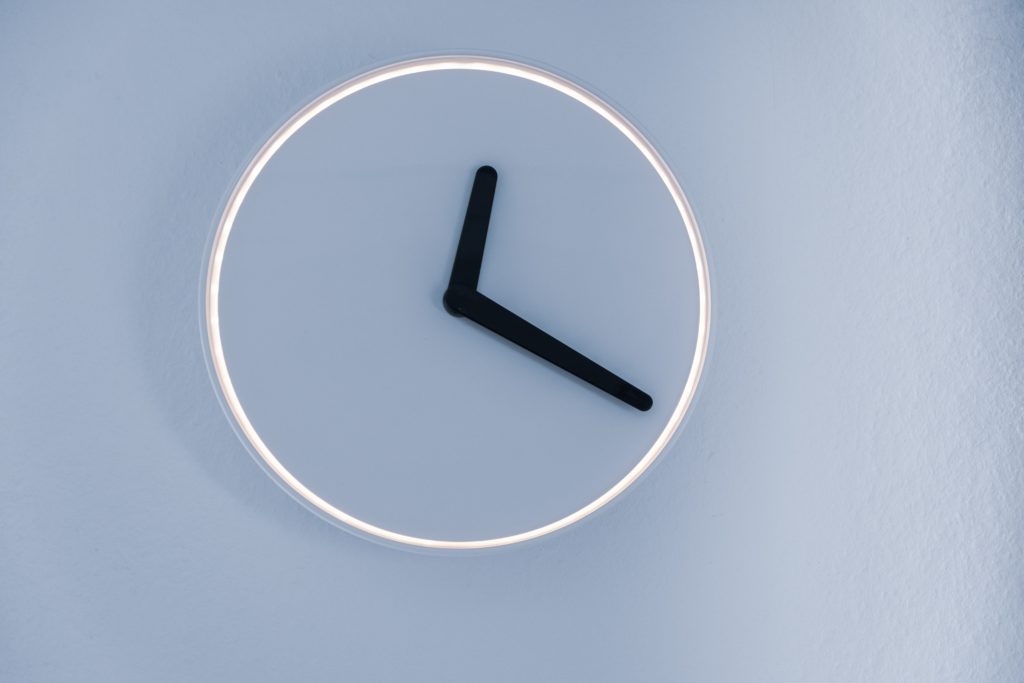Estimated Reading Time: 2 minutes, 3s.
Like most people, I find tracking my time a huge pain. While devices like the Timeular make the process somewhat easier, it’s still kind of annoying. At its worst, the activity feels like adding another layer of effort on top of my existing work.
Recently, I began tracking only the time I spend on my most important tasks: writing, researching productivity, and preparing and delivering talks. To do this, I use a simple app called Toggl. Surprisingly, the habit has stuck. Only tracking the time spent on your most productive tasks lets you see a few things:
- How productive you really are. By tracking only the time spent on tasks that matter, you see how much of your day is dedicated to the meaningful work that moves things forward, and not just the tasks needed to keep up.
- How much time you spend distracted. If, after an eight-hour day, you find you’ve worked on your most important tasks for only two hours (having fallen victim to distractions or less crucial tasks the rest of the time), you have a lot of room to become more productive. In this case, time tracking offers a glimpse into how unproductive you are.
There isn’t a direct relationship between how many hours we work and how much we accomplish; some people are able to do in 30 minutes what takes others a day. Tracking your time doesn’t account for how you spend your attention or your energy, but it is an important part of the equation.
I follow a simple rule when tracking the time I spend on my most important tasks: when writing, planning talks, and researching new ideas, I’m not allowed to do anything else at the same time. Otherwise, I have to stop the tracker. For example, if I’m writing an article like this one and feel the urge to check my email, I must stop tracking my time before doing so. This builds some resistance around giving in to distractions, and also makes my measurements more accurate.
Most of us spend too much time putting out fires and letting our work expand to fit the time we have available for its completion. If this sounds familiar, try tracking only how much time you spend on your most important tasks. Doing this is a nice compromise: it’s far easier than accounting for every minute of your day, while still allowing you to gauge your true productivity.
